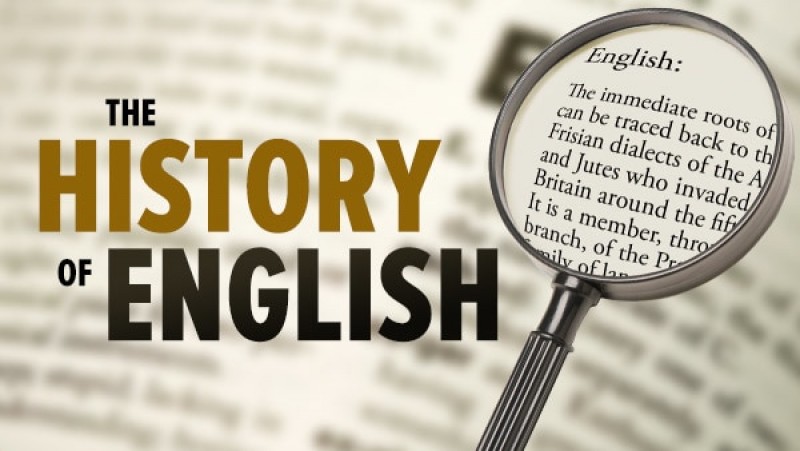Hey language lovers! Did you know that the English we speak today is the result of centuries of invasions, changing sounds, and borrowed words? It’s a fascinating story, so let’s dive in!
The Germanic Roots
First things first: English has its roots in the languages of Germanic tribes like the Angles and Saxons who settled in Britain around the 5th century. Old English, their language, is way different from what we speak now. Think of it as the super ancient, barely recognizable ancestor of our English.
Vikings and Their Words
Fast forward a few centuries, around the 8th, the Vikings arrive! These folks from Scandinavia left their mark on the language with words like “sky”, “bag”, “law”, and “hit”.
French Takeover = Fancy Words
Then came a big turning point in 1066 – William the Conqueror and his Norman army invaded England. Suddenly, French was the language of the ruling class. This is why we have so many fancy-sounding synonyms – “pig” (Anglo-Saxon) vs. “pork” (French), or “chicken” vs. “poultry”.
The Great Vowel Shift: When Spelling Got Weird
Hold on tight, because things are about to get seriously strange! Around the 15th century, a massive change called the Great Vowel Shift turned English pronunciation upside down. Imagine this: the way we said a whole bunch of vowel sounds completely changed. This is a major reason why English spelling can seem so illogical at times.
Here’s how it worked:
- The Long Vowels Went Up a Level: Words like “bite” (pronounced “beet-eh”) and “house” (pronounced “hoose”) had long vowel sounds. The Great Vowel Shift raised those sounds, so “bite” started sounding like our modern “bite”, and “house” got closer to how we say it today.
- Diphthongs Happened: Some of those long vowels didn’t just shift upward, they split into two sounds. That’s how words like “name” (which used to sound like our modern “nahm-uh”) developed that gliding “ay” sound.
- Silent Letters Emerge: The Great Vowel Shift didn’t just change vowel sounds, it messed with consonants too! Letters that used to be pronounced, like the “k” in “knight” or the “gh” in “night”, fell silent.
This massive pronunciation change happened while written English was becoming more standardized. The result? A whole lot of words that are spelled based on an older pronunciation, leading to the delightful chaos of modern English spelling!
Shakespeare, America, and the Empire
Did you know that the English spoken in Shakespeare’s time (Early Modern English) was actually closer to how many Americans speak today? And as the British Empire spread its reach, English picked up words from colonies all over the world.
English: An Ever-Evolving Beast
The best part? English is a living, breathing thing. New words and slang pop up all the time! From tech terms to social media lingo, our language is a reflection of our changing world.
So, the next time you think about English, remember: it’s not just a language, it’s an epic tale of historical invasions, shifting pronunciations, and global influences. Pretty cool, huh? 🙂
Enjoy English.
Minh Nhut (Brian)
